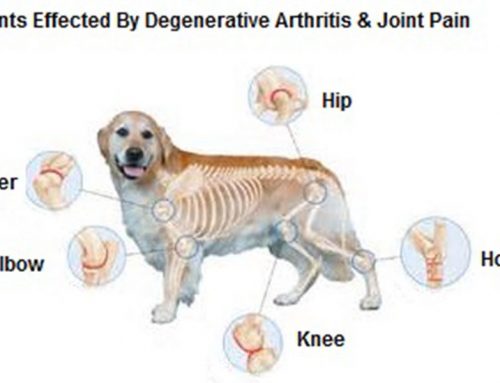Food allergies are becoming more common in people worldwide. Food allergies seem to be increasing in dogs and cats too. However, we do not have solid data to confirm this hunch.
Food allergies are a specific thing. Gastrointestinal upsets caused by food (or treats) are either immune in origin (food allergy) or non-immune in origin (food intolerance).
Most of the food-caused gastrointestinal upsets we veterinarians see are of the food-intolerance variety. Specifically, they are the results of dietary indiscretion — your pet getting diarrhea from (maybe vomiting from) something they should not have eaten.
Interestingly, while the dog or cat is mounting an immune reaction to the food inside their gastrointestinal tract, it is their skin that brings them to us. Cats itch around their face or neck. They may have scabs or hair loss. Dog itch their face and eyes. They might chew or lick their feet. They might have ear infections.
Also interesting is that most animals have been eating the offending food for months or years with no problem.
The most straightforward way to diagnose a true food allergy is to perform a food trial. We have special diets in which the proteins have been broken down such that the protein molecules are too small to trigger an immune reaction. You’ll know in 4-6 weeks if your cat or dog has a food allergy because their itchiness will stop.
What if the food trial does not stop the itching?
That indicates that your cat or dog has allergies, but the immunologic trigger is something else — a particular plant, pollen, fleas, mange, or something else in your pet’s environment.
Courtesy – Dr. PG








Leave A Comment